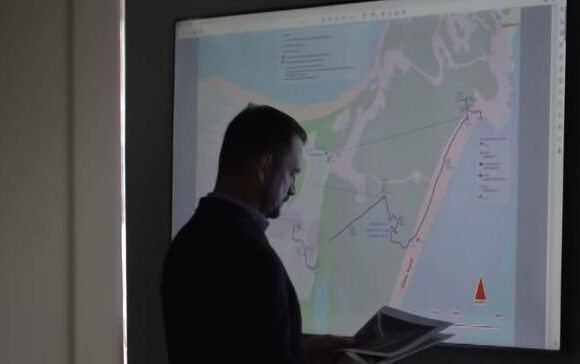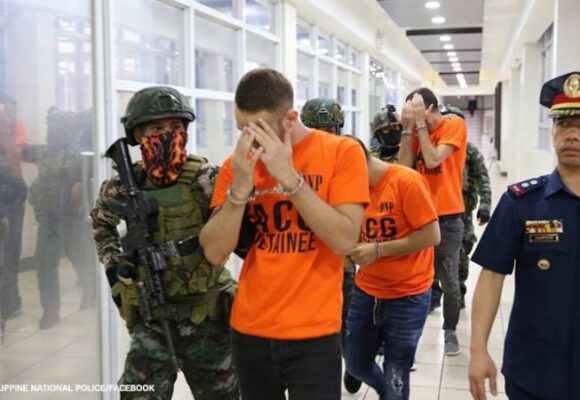Australian Broadcasting Corporation
Broadcast: 22/02/2017
Reporter: Nick Dole
http://mpegmedia.abc.net.au/news/730/video/201702/730s_FakeDrugs_2202_512k.mp4?_=1
LEIGH SALES, PRESENTER: If you have ever spent time in hospital, you would know you sometimes are given needless or asked to swallow pills without necessarily understanding why. But you have probably never stopped to think if the drugs are the genuine article.
Unfortunately, an alarming case has come to light in which thousands of counterfeit pills made their way into the official supply chain.
Some of them even ended up at Sydney Children’s Hospital. We don’t think anybody was harmed, but as Nick Dole reports, the pharmacist who sold the dodgy medicine is now trying to get back into business.
NICK DOLE, REPORTER: At the Sydney Children’s Hospital a pharmacist is preparing a potentially life-saving treatment from the most unlikely of sources.
The drug is Viagra. While it’s commonly prescribed for erectile dysfunction its active ingredient is also used to treat babies with dangerously high blood pressure.
BRUCE BATTYE, NSW CHIEF PHARMACIST: Sildenafil, the ingredient, is used for treatment of pulmonary hypertension in babies to control their hypertension.
NICK DOLE: The tablets appear normal, but once the pharmacist begins crushing them, she becomes suspicious.
BRUCE BATTYE: What they noticed that the consistency of the tablets wasn’t normal. It appeared to be a bit grittier than normal.
NICK DOLE: The hospital pharmacist phones the manufacturer, Pfizer, to raise her concerns.
PHARMACIST: The consistency just doesn’t feel right.
BRUCE BATTYE: Pfizer, the manufacturer, asked for details of the batch and when that was disclosed then Pfizer realised this was a counterfeit product.
NICK DOLE: Lab analysis later revealed that the counterfeit drugs didn’t contain enough of the active ingredient, called Sildenafil. While the New South Wales Health Department insists the fake drugs were detected before any were given to young patients, doctors say the medical consequences could have been serious.
NICK DOLE: How alarming is it that a counterfeit is able to get into a hospital? A children’s hospital no less?
BRUCE BATTYE: Extremely alarming that this happened.
NICK DOLE: Perhaps even more alarming the drugs were supplied by one of Australia’s biggest medical distributors. In the three months leading up to the incident in June 2010, Symbion distributed more than 20,000 Viagra pills.
ADVERTISMENT: Because at Symbion, life matters.
NICK DOLE: One of its suppliers, was this man, Mina Attia. But the pills he sold Symbion were fakes.
Nick Dole from the ABC 7.30 program. Can we talk to you about the counterfeit drugs that you supplied that ended up at the children’s hospital?
MINA ATTIA: No, I’m sorry. I have got my barrister.
NICK DOLE: Following a lengthy investigation, Mina Attia’s registration as a pharmacist was cancelled in January. He’s now fighting that decision in the New South Wales Supreme Court.
You don’t want to talk about it?
MINA ATTIA’S LAWYER: We don’t want to talk about it. Just leave us alone. Is that alright?
MINA ATTIA: Thank you.
NICK DOLE: Mina Attia bought the counterfeit drugs from an unlicensed supplier, who sold stock out of the back of a van.
But Mr Attia told investigators he believed the pills were genuine because they looked exactly the same as regular Viagra.
DR DAVID GROLMAN, PFIZER MEDICAL DIRECTOR: These days to copy packaging is very easy unfortunately. More difficult to copy the actual tablets.
It may be difficult, but criminals are still trying and even the experts say the fakes can be hard to pick.
DR DAVID GROLMAN: You can see they haven’t got the blue colouring quite right. It’s a little bit paler.
NICK DOLE: Still got the Pfizer logo, though.
DR DAVID GROLMAN: Yes. They can print the logo. But in fact, we don’t put the logo on the front of the pack, only on the back.
So unless you know what you are looking for, it can be quite hard to tell the difference?
I would think that anyone who’s not in the know would find it extremely difficult, especially if it is your first time ever ordering this, or if you don’t have the other to compare it to.
NICK DOLE: As soon as the counterfeit drugs were discovered here at the Sydney Children’s Hospital, Symbion issued a voluntary recall for all the Viagra it distributed since its supplier became contaminated.
The drugs went to more than 260 pharmacies, as well as three other hospitals. But the company’s refusing to identify those hospitals and the agency responsible, the Therapeutic Goods Administration, says it doesn’t even have that information in its records.
DR DAVID GROLMAN: If these drugs get into the market, number 1, it is obviously patient safety is our prime concern. But from a company point of view, reputationly we also have a lot on the line.
KEN GAMBLE, PRIVATE INVESTIGATOR: Antibiotics, you know, anti-inflammatories drugs, you see them all, even some of the well-known sleeping tablets. You see them all. The big business, the big money, is in the sexual enhancement.
NICK DOLE: Most of fake products are produced by syndicates in Asia and Latin America. Many run slick websites, promising a wide range of health products that they promise are genuine.
Private investigator, Ken Gamble, tracked drug counterfeiters all over the world, working for major pharmaceutical clients.
KEN GAMBLE: You are playing with your life if you buy it online. There have been known cases of lead and other chemicals that are not supposed to be in there that have been found in the drugs, which have been put in by accident.
NICK DOLE: During a crackdown last year, Border Force and the TGA made 90 seizures of illegal pills, potions and injectable drugs in a single month. But Ken Gamble believes that’s likely to be a small fraction of what’s actually being smuggled into the country.
KEN GAMBLE: We have done a number of orders into Australia doing trap purchases, test buys, so that we can test the product. None of our orders have been stopped. That is an indication that they are not getting everything by any means.
NICK DOLE: The TGA declined 7.30’s request for an interview, but says it has no record of any other counterfeit drugs entering the official supply chain. Symbion says its learnt its lesson from the incident and now only buys pharmaceuticals directly from the manufacturer.
But has the Health Department or the hospital learnt any lessons from this?
BRUCE BATTYE: I think probably the one lesson we learnt is that it can happen. If some individuals don’t comply with the law.
NICK DOLE: Ken Gamble says as long as there’s money to be made, counterfeiters will continue peddling their product.
KEN GAMBLE: This is a billion-dollar industry, there are a lot of people out there making hundreds of millions of dollars a year out of this activity. And they have been for more than a decade. Some of them up to 20 years they have been doing this and law enforcement haven’t come anywhere near them.






 Philippines National Police
Philippines National Police  Californian Association of Licensed Investigators
Californian Association of Licensed Investigators  NSW Police Force
NSW Police Force  Philippine Securities and Exchange Commission
Philippine Securities and Exchange Commission 